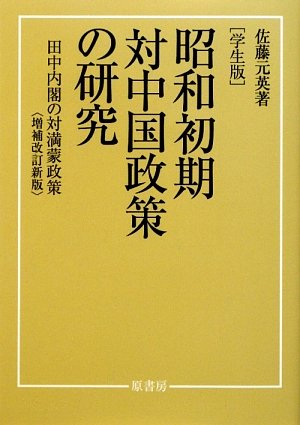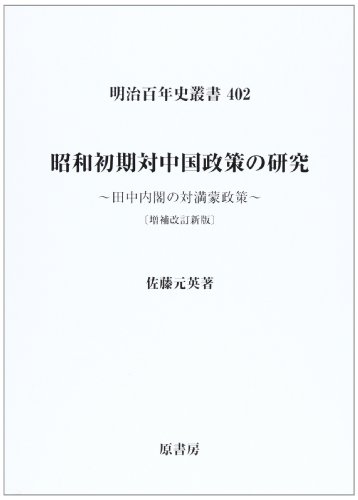4 0 0 0 OA 対米宣戦布告と日・タイ軍事協定問題
- 著者
- 佐藤 元英
- 出版者
- 中央大学政策文化総合研究所
- 雑誌
- 中央大学政策文化総合研究所年報 (ISSN:13442902)
- 巻号頁・発行日
- vol.17, pp.79-91, 2014-08-26
The main objective of this paper is to clarify the reason why the military convention between Japan and Thailand was made, and why the Japanese Government did not declare war against the American Government. From Kota Bharu, Japanese troops were to strike southward down the Malayan west coast to seize Singapore, gateway to the resources of the Netherlands East Indies, from the British Empire in Southeast Asia. the resources of the Netherlands East Indies. Japanese forces headed for Singapore needed to violate Thailand’s neutrality at Singora (Songkhla), a strategic port north of Kota Bharu on the Gulf of Siam, in the Kra Isthmus area of southern Thailand. The entire southern operation was premised on the violation of international law with respect to two major powers (the United States and Britain) and a minor but diplomatically active third power,Thailand. Fully aware of these operational imperatives, and uncertain if Thailand would enter the war on Japan’s side rather than Britain’s, Emperor Hirohito and Foreign Minister Togo removed from the imperial proclamation of war rescript the clause on respect for international law.
3 0 0 0 IR 対米宣戦布告と日・タイ軍事協定問題
- 著者
- 佐藤 元英
- 出版者
- 中央大学政策文化総合研究所
- 雑誌
- 中央大学政策文化総合研究所年報 (ISSN:13442902)
- 巻号頁・発行日
- no.17, pp.79-91, 2014-08-26
The main objective of this paper is to clarify the reason why the military convention between Japan and Thailand was made, and why the Japanese Government did not declare war against the American Government. From Kota Bharu, Japanese troops were to strike southward down the Malayan west coast to seize Singapore, gateway to the resources of the Netherlands East Indies, from the British Empire in Southeast Asia. the resources of the Netherlands East Indies. Japanese forces headed for Singapore needed to violate Thailand's neutrality at Singora (Songkhla), a strategic port north of Kota Bharu on the Gulf of Siam, in the Kra Isthmus area of southern Thailand. The entire southern operation was premised on the violation of international law with respect to two major powers (the United States and Britain) and a minor but diplomatically active third power,Thailand. Fully aware of these operational imperatives, and uncertain if Thailand would enter the war on Japan's side rather than Britain's, Emperor Hirohito and Foreign Minister Togo removed from the imperial proclamation of war rescript the clause on respect for international law.
3 0 0 0 IR 中国中北部における在留邦人保護対策の変容 : 幣原外交から田中外交へ
- 著者
- 佐藤 元英 サトウ モトエイ Sato Motoei
- 出版者
- 駒沢史学会
- 雑誌
- 駒澤史学 (ISSN:04506928)
- 巻号頁・発行日
- vol.64, pp.289-308, 2005-02
1 0 0 0 昭和初期対中国政策の研究 : 田中内閣の対満蒙政策
1 0 0 0 昭和初期対中国政策の研究 : 田中内閣の対満蒙政策
- 著者
- 佐藤 元英
- 出版者
- 中央公論新社
- 雑誌
- 中央公論 (ISSN:05296838)
- 巻号頁・発行日
- vol.119, no.12, pp.88-100, 2004-12
- 著者
- 佐藤 元英
- 出版者
- 中央大学
- 雑誌
- 紀要. 史学 (ISSN:05296803)
- 巻号頁・発行日
- vol.52, pp.41-68, 2007-03

